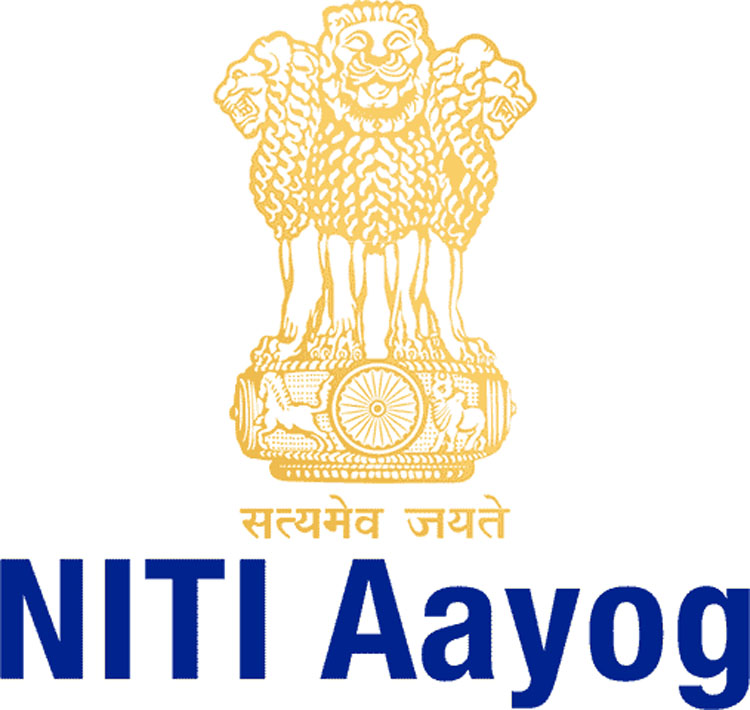- The new analysis by NITI Aayog and RMI highlights India’s potential to save 10 gigatonnes of cumulative C02 over the next three decades.

New Delhi, June 9 (FN Bureau) NITI Aayog, RMI and RMI India’s new report, titled ‘Fast Tracking Freight in India: A Roadmap for Clean and Cost-Effective Goods Transport’, presents key opportunities for India to reduce its logistics costs. Due to the rising demand for goods and services, freight transport demand is expected to grow rapidly in the future. While freight transport is essential to economic development, it is plagued by high logistics costs and contributes to rising CO2 (carbon dioxide) emissions, and air pollution in cities.
According to the report, India has the potential to: Reduce its logistics cost by 4 percent of the Gross Domestic Product (GDP) Achieve 10 gigatonnes of cumulative CO2 emissions savings between 2020 and 2050 Reduce Nitrogen Oxide (NOx) and Particulate Matter (PM) emissions by 35 percent and 28 percent, respectively until 2050. “Freight transportation is a critical backbone of India’s growing economy, and now more than ever, it’s important to make this transport system more cost-effective, efficient, and cleaner. Efficient freight transport will also play an essential role in realising the benefits of existing government initiatives such as Make in India, Aatmanirbhar Bharat, and Digital India,” said Sudhendu J. Sinha, Adviser, Transport and Electric Mobility, NITI Aayog. As India’s freight activity grows five-fold by 2050 and about 400 million citizens move to cities, a whole system transformation can help uplift the freight sector.
“This transformation will be defined by tapping into opportunities such as efficient rail-based transport, the optimisation of logistics and supply chains, and shifts to electric and other clean-fuel vehicles. These solutions can help India save Rs. 311 lakh crore cumulatively over the next three decades,” said Clay Stranger, Managing Director, RMI. The report outlines solutions for the freight sector related to policy, technology, market, business models and infrastructure development. The recommendations include increasing rail network’s capacity, promoting intermodal transport, improving warehousing and trucking practices, policy measures and pilot projects for clean technology adoption, and stricter fuel economy standards. When successfully deployed at scale, the proposed solutions can help India establish itself as a leader in logistics innovation and efficiency in the Asia-Pacific region and beyond. The NITI Aayog is a public policy think tank of the Government of India, established with the aim to achieve sustainable development goals with co-operative federalism by fostering the involvement of State Governments of India in the economic policy-making process using a bottom-up approach. RMI is an independent nonprofit founded in 1982 that transforms global energy systems through market-driven solutions to align with a 1.5°C future and secure a clean, prosperous, zero-carbon future for all. We work in the world’s most critical geographies and engage businesses, policymakers, communities, and NGOs to identify and scale up energy system interventions that will cut greenhouse gas emissions at least 50 percent by 2030.

